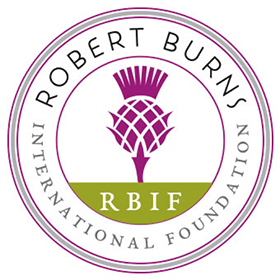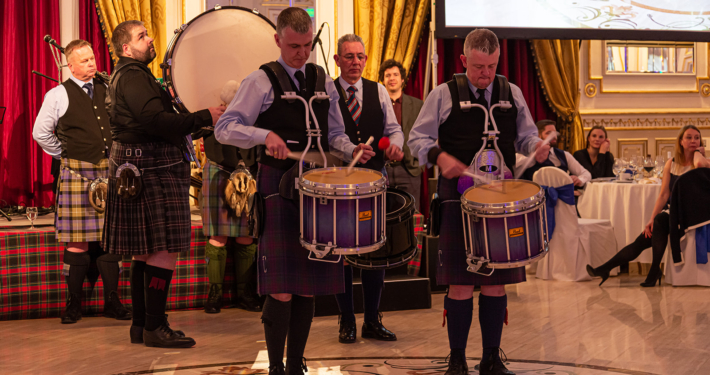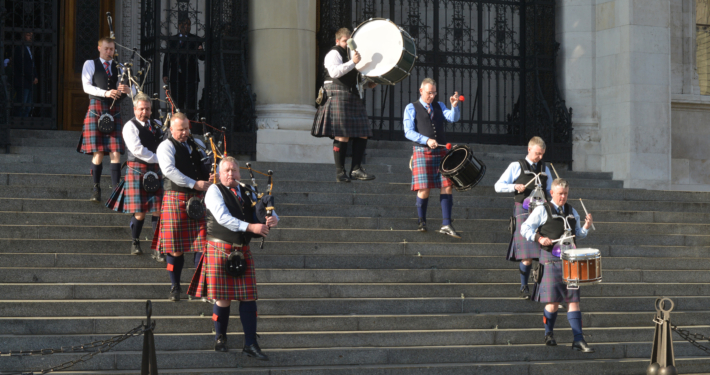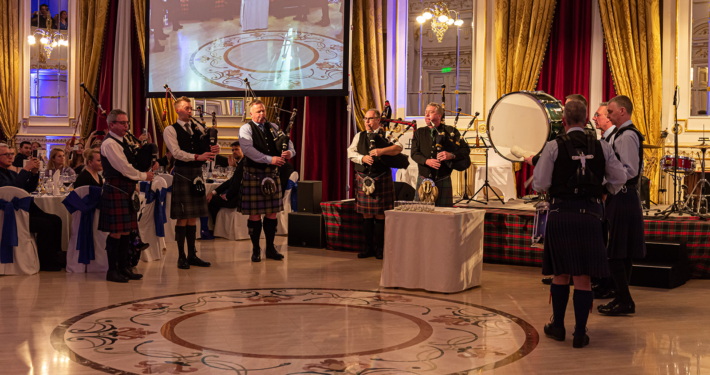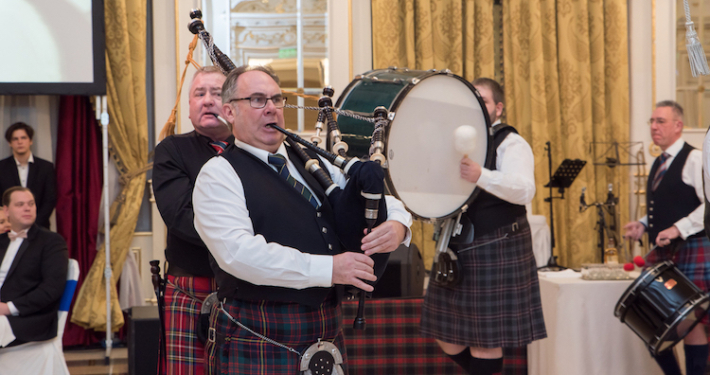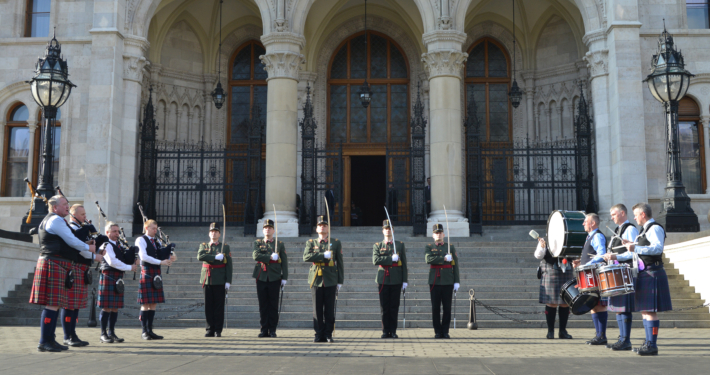Anyone who has been to a Burns Supper will not forget the rousing sound of bagpipes and drums in full flow. It really lends a great deal of authenticity to the event, and makes it a memorable night for Scots and non-Scots alike. But how much do you actually know about the pipers and drummers who perform for us every year? Did you know there are World Champions in the ballroom every year? Did you know that this is often the only time they now play together?
We asked Stevie Brown about who the band are, where they come from, and most importantly, why do they come back year after year…
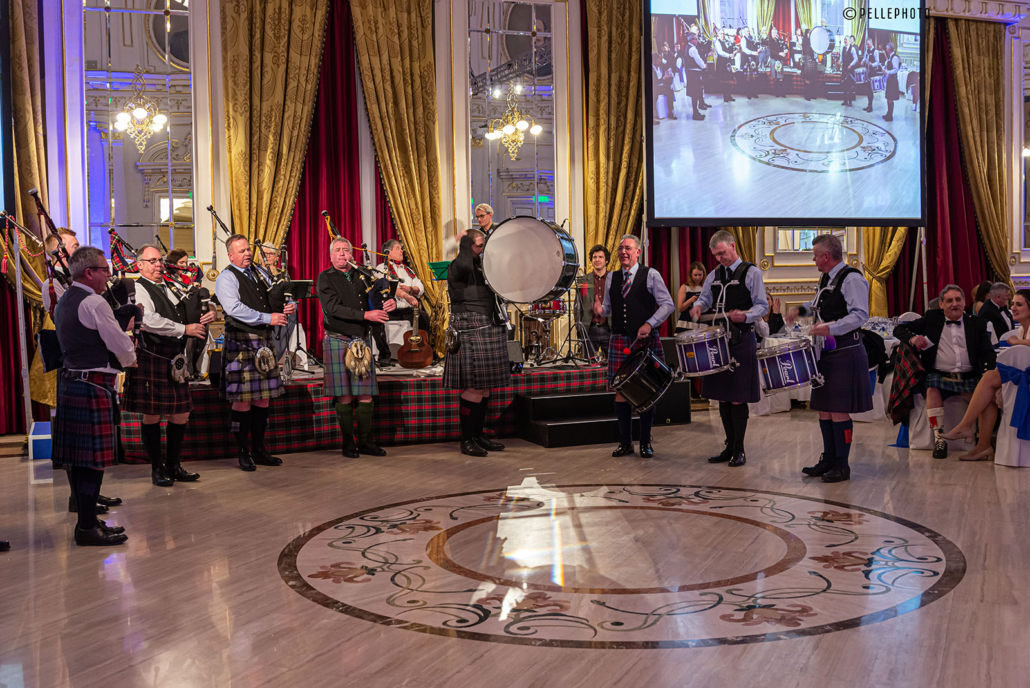
Most of us played together at Shotts and Dykehead Caledonia Pipe Band and have known each other for around 35 years. We live all over Scotland, and mostly having retired from competing now, we get together especially to come to Budapest.
It is an honour and a privilege to be invited to join you once again this year and we are delighted to congratulate the RBIF on the occasion of the 25th Burns Supper to raise funds for the Foundation and the worthy causes it supports.
We have been very fortunate, in the past, to have competed at the highest level, winning numerous titles, including multiple World Championships. We have been afforded the opportunity to travel the world, we’ve appeared on TV shows, met celebrities and made recordings, even earning a gold disc for a collaboration with traditional musicians from across Europe.
 However, to be associated with the RBIF for around 20 years has provided us with the most gratifying and humbling experiences, not only entertaining guests at the Burns Supper, but actively engaging with the children who benefit from the charity work of the Foundation.
However, to be associated with the RBIF for around 20 years has provided us with the most gratifying and humbling experiences, not only entertaining guests at the Burns Supper, but actively engaging with the children who benefit from the charity work of the Foundation.
We have played for youngsters in hospital cancer wards, orphanages, schools and community centres and cannot overstate the effects these visits have had on us. We hope that we have left the children with even a fraction of the memories with which they have provided us.
Budapest has become a very special place for us and the friendships formed here will last for many years to come. We wish the RBIF continued success in all its ventures in the future and are eternally grateful to be acknowledged by the Foundation as the charity’s official pipers and drummers.
